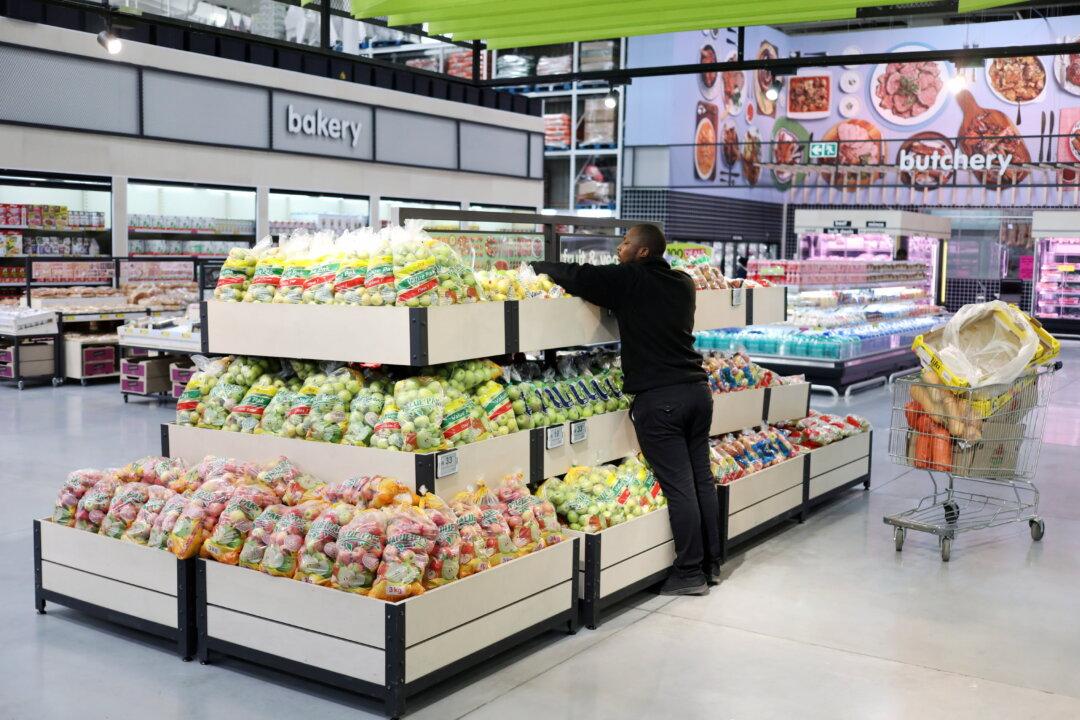JOHANNESBURG—Walmart Inc. has launched a 6.4 billion rand ($377.6 million) offer for the remaining 47 percent of South African retailer Massmart it does not already own, valuing it at a premium of over 50 percent.
Shares in Massmart surged 46 percent after the company announced the news on Monday, as its Chairman Kuseni Dlamini said the offer seems “fair and reasonable.”





